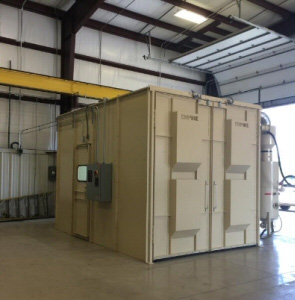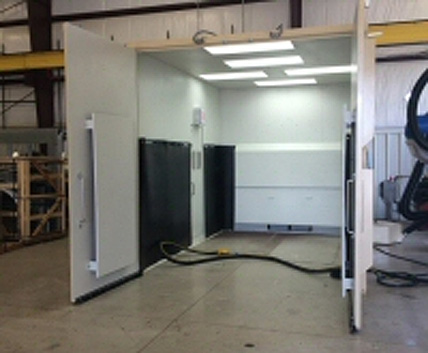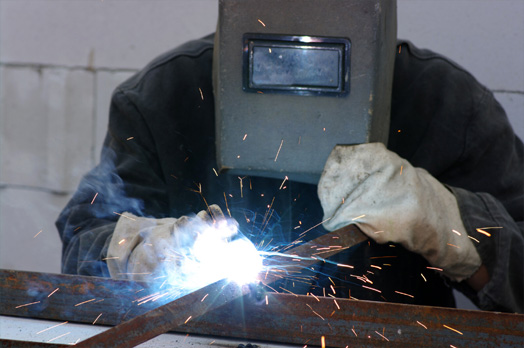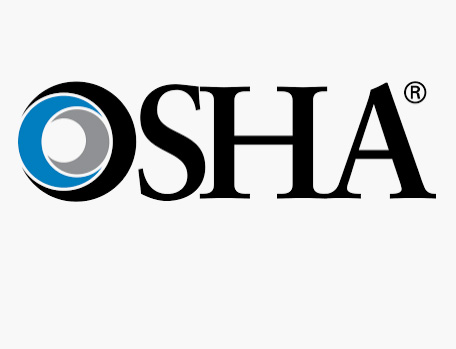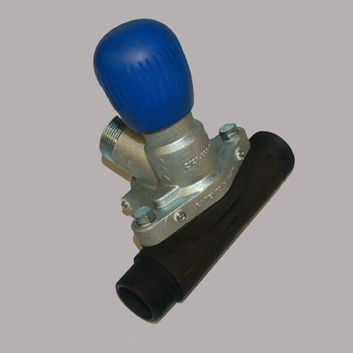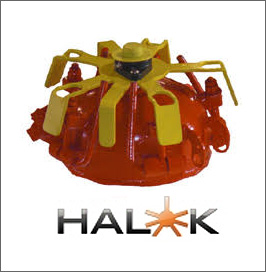Sponge-Jet, Inc., the global leader in dry, low-dust, reusable abrasive blasting media and equipment, is proud to announce a sales area expansion for distributor J.H. Norton Company Inc. This expansion reflects Sponge-Jet’s dedication to accelerate the company’s growth of new markets and meet the growing demands of the industry. J.H. Norton has been selected as the exclusive distributor in these new states, as they have continually established themselves as a leader in delivering quality products and exceptional customer service throughout. The expanded area will include the states of South Carolina, Georgia, and Florida, an addition to their current states of…
Kansas City, MO., June 4, 2024 – Adapt Laser, a leading provider of innovative laser cleaning solutions, is excited to announce its new distribution partnership with JH Norton, a renowned supplier of industrial equipment and solutions. This strategic collaboration will enable Adapt Laser to further expand its market presence and meet the growing demand for advanced laser cleaning technologies. As part of the partnership, JH Norton will distribute Adapt Laser’s comprehensive range of laser cleaning systems across its extensive network of customers within the NAVSEA departments. With JH Norton’s expertise and established distribution channels, Adapt Laser aims to reach new customers…
Blast rooms are available in many sizes and configurations. In general, a blast room consists of an enclosure, control panel, pressure vessel, blast equipment (nozzle, couplings, hose, safety controls), media reclaimer, pressure blower for media recovery, dust collector for abrasive recovery, media conveying duct, media recovery hopper, media storage hopper, and blast booth ventilation. Operator safety equipment is also required for blast operation. Prefabricated / Pre-Engineered / Pre-Designed Pre-engineered and prefabricated blast rooms offer quick delivery turnaround and cost savings. Pre-made blast rooms are typically available in 8-ft to 15-ft widths with 8, 10, or 12-foot ceiling heights and lengths…
Dry ice blasting is a relatively new form of blasting which most have heard of though few are familiar with. The most advantageous aspect of dry ice blasting is the savings to you. In fact, the typical operator sees a dramatic increase in productivity and an equally impressive drop in costs. With this type of blasting, dry ice pellets are accelerated by a jet of compressed air similar to typical blasting. The difference, however, is this method of blasting is more delicate approach than the sledgehammer approach to conventional blasting.
The design criteria required for a properly sized blast room system includes the size of the largest workpiece, the weight of the largest workpiece, the material handling method, the number of hours of blasting per day, and the base material of the workpiece. Each of these items needs to be addressed in order to finalize the configuration of the blast room.
Welders, health organizations and management are all becoming increasingly concerned with the effects of welding smoke and fumes in the work place. In addition, management is becoming increasingly conscious of the costs of absenteeism and reduced productivity
resulting from illness caused by polluted air. There is little doubt that welding is one of the leading causes of in-plant air pollution in industry.
The Labor Department reduced the acceptable levels of workplace exposure Monday to a cancer-causing metal, hexavalent chromium, but critics said the new standard still leaves thousands of workers at risk. The new rule limits worker exposure to the carcinogenic metal to no more than 5 micrograms per cubic meter of air, a large reduction from the old standard, but also a level five times higher than what had been proposed by the agency two years ago.
The days of open abrasive blasting, with minimally trained operators using loads of cheap abrasive are dwindling in the United States. Environmental, safety, and health regulations, combined with demanding surface profile requirements, mean that abrasive blasting is often being performed in containment by skilled operators using higher priced media.
How does Schmidt’s Bulk Blasting Equipment HAOK Safety System compare to other manufacturers’ “Lock out-Tag outs” (LOTO)? The patented HALOK is a mechanism that res the operator follows the proper Standard Operating Procedure.



